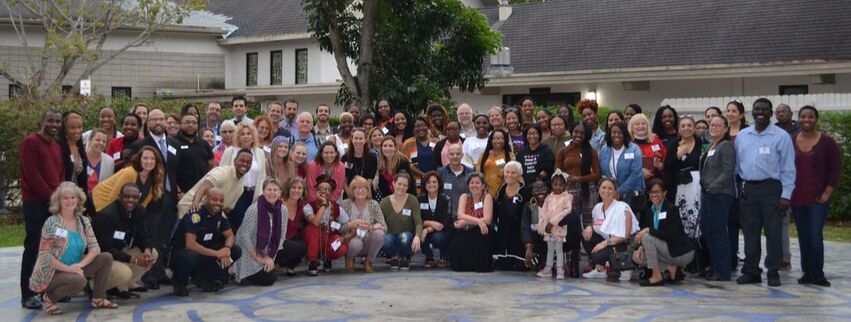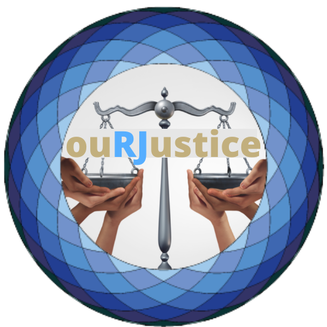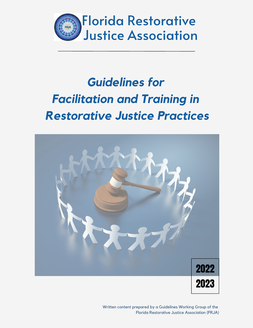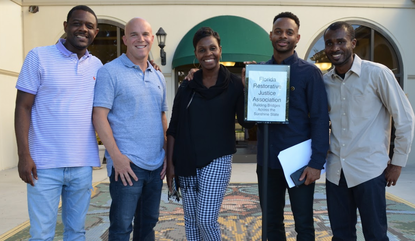WELCOME TO THE
FLORIDA RESTORATIVE JUSTICE ASSOCIATION
(FRJA)
FLORIDA RESTORATIVE JUSTICE ASSOCIATION
(FRJA)
Our Vision: The Florida Restorative Justice Association’s vision is to create equitable connections in our community that provide a safer and healthier environment.
Our Mission: To reach this vision, the Florida Restorative Justice Association works to expand the understanding and use of restorative justice and restorative practices, and promote diverse approaches to conflict resolution, community building, and effective communication in all systems and organizations throughout Florida.
Our Mission: To reach this vision, the Florida Restorative Justice Association works to expand the understanding and use of restorative justice and restorative practices, and promote diverse approaches to conflict resolution, community building, and effective communication in all systems and organizations throughout Florida.




